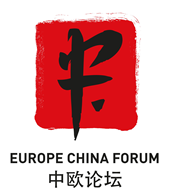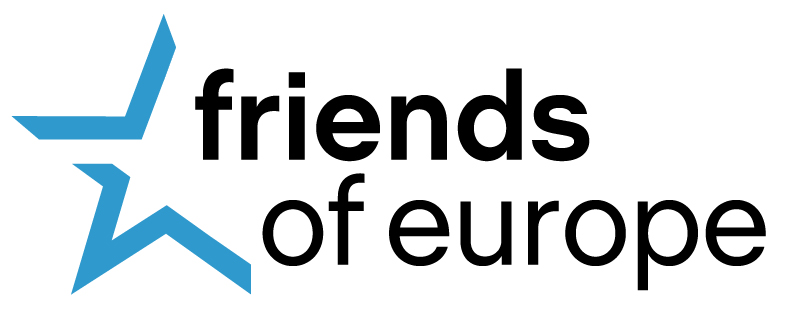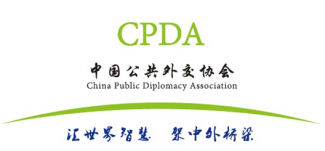
Summary
The EU, China Response to Populism: More Free Trade
China and the EU are responding to threats to free trade and the liberal world order with renewed efforts to promote business and cultural links between the two continents.
The Friends of Europe EU-China Annual Forum took place in the wake of populist votes in the US and the UK that will directly challenge structures and initiatives that aim to promote free trade. The forum, held on 27 June, and a roundtable, the previous day, were subtitled “Cooperation in an age of uncertainty”.
The new US President, Donald Trump, was elected after a campaign featuring aggressive protectionist rhetoric, and has decided to pull out of the Trans-Pacific Partnership (TPP). The Brexit vote will likely reduce the size of the world’s biggest free trade bloc. However, Chinese President Xi Jinping has underlined that “no one will emerge as a winner in a trade war”. And, following Trump’s decision to withdraw from the 2015 Paris Agreement on climate change, EU and Chinese leaders have reaffirmed their commitment to implement the agreement.
“At a time when countries around the world are facing up to some very hard truths and have to take difficult decisions, China and the EU are steadfast and persistent in choosing the right options,” said Yang Yanyi, Ambassador and Head of Mission of China to the EU. Notably, the two sides are focusing on an open world economy, improved trade and investment structures and people-to-people exchanges, she said. “We are joining hands and rising to the challenges. Both China and the EU are of the view that we have both a great opportunity and a great responsibility to cooperate and work together.”
The trading relationship between Europe and China is vital for both economies. The EU is the biggest destination for Chinese exports and outward investment, while China is the EU’s second largest export market after the US.
“These relations are a major source of wealth, jobs and development for both sides,” said Cecilia Malmström, EU Commissioner for Trade. “Millions of Chinese came out of poverty thanks to trade, and now they are tourists visiting our countries.” However, she added that the EU’s big, systemic trade deficit with China indicated a disparity of treatment of companies in China and non-tariff barriers. “So, the first objective of a trade relationship would be to bring barriers down” in areas ranging from European milk and beef exports to the freedom for European telecoms companies to operate in China.
One concrete way that China is trying to boost trade with Europe is the Belt and Road Initiative (BRI), a blueprint for deeper connectivity across Europe and Asia. The belt will be overland connections, especially rail, while the road refers to maritime links between Chinese and European ports. Better and faster transport connections will increase trade and investment flows.
“We need to promote free trade into Asia, so Asia-Europe cooperation will be important for implementation,” said Chi Fulin, President of the China Institute for Reform and Development (CIRD). “One Belt One Road will also have complementary effects. It is needed to upgrade China’s consumption structure.”
The initiative will be a source of economic activity for countries in central and southern Asia lying on the routes, as well as for Europe and China. “Eurasian connectivity is not an end in itself,” said Hans-Dietmar Schweisgut, Ambassador of the European Union to the People’s Republic of China. “It must deliver concrete benefits to our citizens and to the poorer parts of the world. It is a great ambition – indeed at the level of a truly strategic partnership between the European Union and China. But in times of geopolitical unpredictability, it may well be the only way forward.”
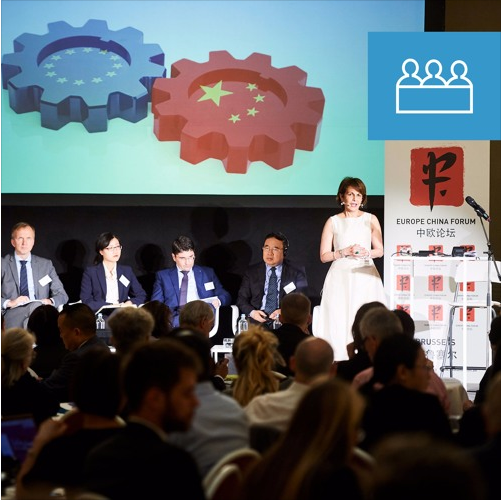
Event recording
EU-China Forum: the Belt and Road initiative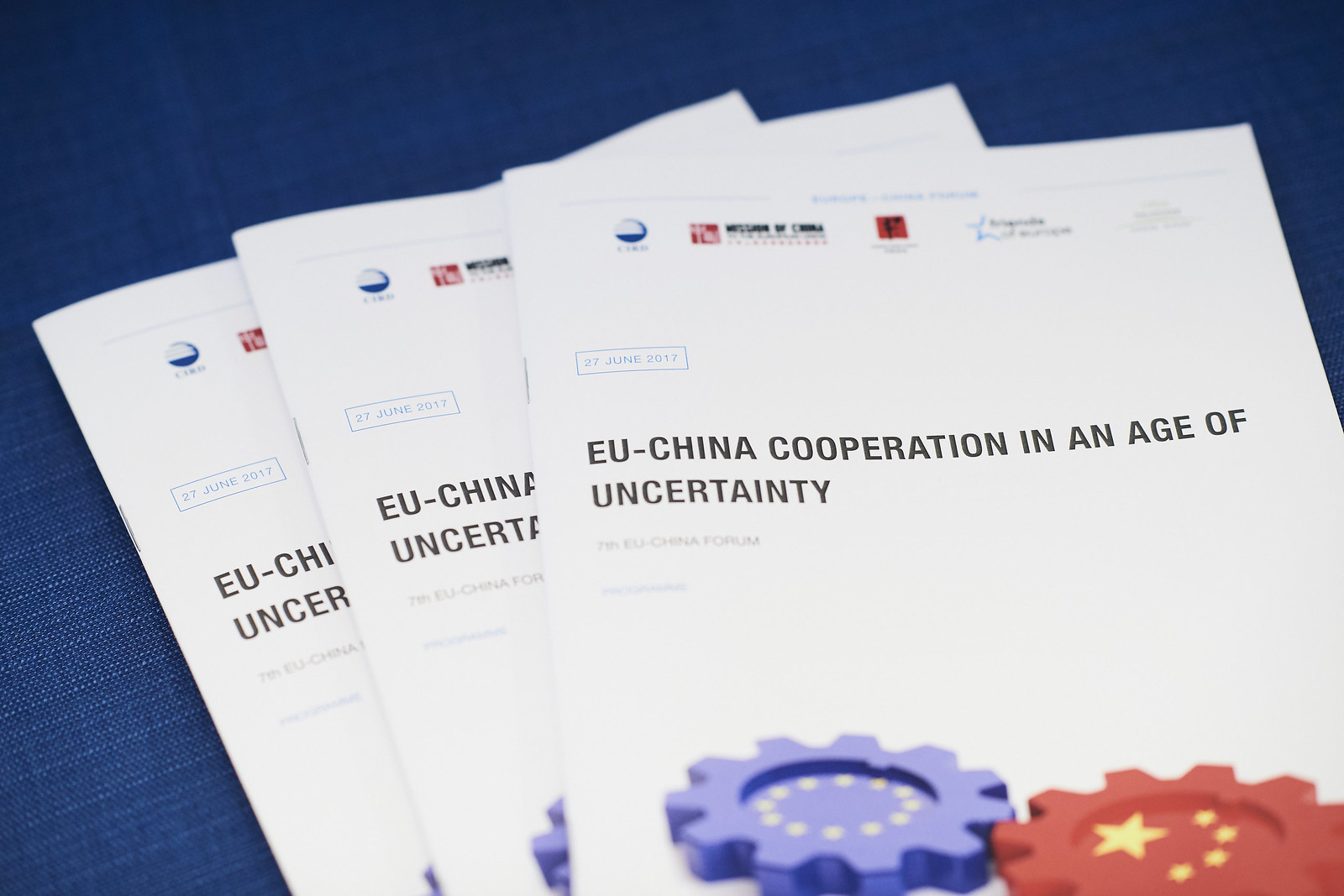 Should you not be able to view the gallery, please click here.
Should you not be able to view the gallery, please click here.
About
The 7th EU-China Forum ‘EU-China cooperation in an age of uncertainty” will look at the future directions of EU-China relations in an age of increased uncertainties. Friends of Europe’s annual EU-China Forum brings together a unique mix of high-level speakers from Europe and China for an in-depth discussion on the different aspects of this multi-faceted relationship and is attended by policymakers, business representatives and leading academics from across Europe and China to discuss issues of shared interest and address pressing common challenges.
Related content:
- Friends of Europe: China’s Belt and Road blueprint augurs changed global order
- Europe’s World: Can the EU and China act together?
IMAGE CREDIT: Rawf8/Bigstock.com
Schedule
Following the successful high-level Belt and Road Forum held in Beijing in May, the world is waiting and watching for the next steps in implementing China’s ambitious Belt and Road Initiative (BRI). The visionary blueprint for deeper connectivity across vast swathes of Europe and Asia has important implications for the two regions’ governments, businesses and people. Better and faster transport connections will mean an increase in trade and investment flows while the building of soft and hard digital infrastructure will speed up communications, financial cooperation and exchanges between people. The regional cooperation and security implications of the initiative are significant but still largely unexplored. The BRI also offers economic opportunities to the European Union as well as possible avenues for further economic and security cooperation with China and other states along the Belt.
- What are the key takeaways of the Belt and Road Forum and how will they be implemented?
- How successful is China in translating the Belt and Road vision into real projects and which projects and schemes are already operational or will become so in the near future?
- What are the key aims of the initiative and to what extent do they reflect the objectives of regional powers across the network?
- Beyond direct economic engagement, could BRI become an entry point for deeper cooperation between the EU and China on a range of issues related to global and regional governance?
Welcome message by
Yang Yanyi
Ambassador and Head of the Mission of the People’s Republic of China to the European Union
Speakers
Chi Fulin
President of the China Institute for Reform and Development (CIRD)
Pino Musolino
President of the North Adriatic Sea Port Authority, Italy
Andrejs Pildegovičs
Latvian Permanent Representative to the UN and Foreign Affairs State Secretary (2013-2018)
Hans-Jörg Schmidt-Trenz
Representative and Counsellor of the Hamburg Chamber of Commerce, Germany
Ying Zhang
Professor and Associate Dean of the Rotterdam School of Management, Erasmus University Rotterdam
Zhao Jinping
Director-General of the Research Department of Foreign Economic Relations at the Development Research Center of the State Council (DRC)
Message contribution by
Hans-Dietmar Schweisgut
EU Ambassador to China
Moderator
Shada Islam
Managing Director at New Horizons Project
As illustrated by the 19th EU-China summit, from the Brexit referendum to the arrival of US President Donald Trump, geopolitical changes are having an important impact on both Europe and China and on EU-China relations. The new US President’s tough stance on trade, including the decision to pull out of the Trans-Pacific Partnership (TPP), has injected increased uncertainty into an already fragile global trade landscape. Significantly, China and the EU have responded with a robust defence of free trade. President Xi Jinping has underlined that “no one will emerge as a winner in a trade war”. The EU Trade Commissioner Cecilia Malmström has echoed similar concerns, saying that “if others around the world want to use trade as a weapon, I want to use it as a tonic, a vital ingredient for prosperity and progress.” In addition, following the US’s decision to withdraw from the 2015 Paris Agreement on climate change, EU and Chinese leaders have reaffirmed their commitment to implement the agreement and, as major energy consumers and importers, highlighting the importance of fostering cooperation in their energy policies.
- Since they share many concerns as regards the policies of the new US Administration, can China and the EU work together on issues like world trade liberalisation?
- How can China and the EU really make a difference on issues related to climate change and other global governance challenges?
- What are the chances that the EU and China will start discussions on a bilateral FTA and what are the pros and cons of such an agreement? What structural contradictions need to be tackled and how?
- How close are the EU and China to concluding a Bilateral Investment Treaty and will such a deal ease European concerns about the rise in Chinese investments in Europe?
- Will Brexit be a boost or a road bump in EU-China relations?
- How are Millennials grappling with the world’s growing uncertainties and how can they be mobilised to drive social progress?
Speakers
Cecilia Malmström
Senior Fellow at the Peterson Institute for International Economics, former European commissioner for trade and home affairs, former Swedish minister for European Union affairs, and Trustee of Friends of Europe
Cao Yuanzheng
Chairman of BOCI Research and Chief Economist (1998-2016) of the Bank of China
Eric Fish
Journalist and author of "China's Millennials: the want generation"
Liu Miao
Chairman of Luzhou Laojiao
Meng Hong
Professor at the Renmin University of China
Masami Nakata
Assistant Secretary-General of the Energy Charter Secretariat
Juan Prat y Coll
Special Advisor for International Affairs at Fipra and former European Commission Director-General for External Relations
Moderator
Shada Islam
Managing Director at New Horizons Project
Speakers

Journalist and author of "China's Millennials: the want generation"
Eric Fish is a leading journalist, podcaster and author specialising on China’s youth. He drew on his years working as a teacher and journalist in China to write his acclaimed book, “China’s Millennials”, a nuanced and insightful look at the post-1980 generation and its coming of age as China assumes a leading position on the world stage. He previously worked for the Chinese newspaper Economic Observer and founded the blog sinostand.com. He currently writes for the Asia Society, a non-profit dedicated to promoting US-Asia cooperation.

President of the China Institute for Reform and Development (CIRD)
As President, Chi Fulin leads the China Institute for Reform and Development’s efforts to facilitate China’s economic and development policy. He has published over 500 academic papers and is the recipient of numerous awards. Chi was listed in 2009 as one of the ‘100 Economists that have influenced China’s economic construction in the last 60 years’. In addition to his role at CIRD, he serves in numerous leadership positions including as Vice-Chairman of the China Society of Economic and Administrative Reform.

Professor at the Renmin University of China
Meng Hong is a leading academic specialising on EU-China relations, and holds key responsibilities in numerous Chinese and German research institutions, being among others visiting research fellow in the Centre for European Studies at the Renmin University of China.

Director-General of the Research Department of Foreign Economic Relations at the Development Research Center of the State Council (DRC)
Zhao Jinping is a leading voice on international economy and foreign trade. The Development Research Center is a policy research and consulting institution directly under the supervision of the State Council, the chief Chinese administrative authority. As Director of the Research Department of Foreign Economic Relations, he is in charge of conducting studies and providing policy recommendations on China’s opening-up, as well as foreign trade and foreign investment.

Senior Fellow at the Peterson Institute for International Economics, former European commissioner for trade and home affairs, former Swedish minister for European Union affairs, and Trustee of Friends of Europe
Cecilia Malmström is a renowned Swedish politician, who has held various positions at the national and European levels. As the European commissioner for trade, she was responsible for pursuing an ambitious trade agenda to the benefit of European citizens, SMEs and the broader economy, as well as negotiating key bilateral trade agreements, including a comprehensive EU-China investment agreement. Prior to her role at the Commission, Malmström was also the Swedish minister for EU affairs and served as a member of the European Parliament Committee on Foreign Affairs and Committee on Constitutional Affairs, among others.

Chairman of Luzhou Laojiao
A leading Chinese businessman, Liu Miao joined Luzhou Laojiao in 1991 and currently serves as Chairman of the Board of Directors. Luzhou Laojiao is a state-owned entreprise principally engaged in the production and sale of Luzhou Laojiao series spirits, one of the oldest Chinese liquors still in production. Liu has been awarded a number of business awards, including “Most respected Board Chairman in China’s Listed Companies” and was named one of China’s 2016 Economic Figures of the Year.

President of the North Adriatic Sea Port Authority, Italy
Pino Musolino is at the head of the North Adriatic Sea Port Authority, which brings the Venice and Chioggia ports under a unified administrative system. A major European port, the Port of Venice handles more than 20 million tons of cargo every year, and is one of the key players in the ‘Five Ports Alliance’, a major container terminal project in the northern Adriatic widely seen as Italy’s flagship BRI project. An expert in international commercial and maritime law, Musolino previously held senior positions at Hapag-Lloyd and Atlantis International Services.

Assistant Secretary-General of the Energy Charter Secretariat
Masami Nakata is the Assistant Secretary-General of the Energy Charter Secretariat, the main institution of the Energy Charter Conference, an international organisation dealing with global energy governance issues. She is an expert on energy policy, and previously worked as a Professor at Kumamoto University and Associate Professor at Doshisha University in Japan. Nakata also previoulsy served as a Programme Specialist in UNESCO’s Science Sector.

Latvian Permanent Representative to the UN and Foreign Affairs State Secretary (2013-2018)
A sinologist, Andrejs Pildegovičs has more than 20 years of experience in the Latvian Foreign Ministry. Latvia was the first Baltic country to join the Belt and Road Initiative (BRI) and is part of the “16+1” group, China’s mechanism for engaging with Central and Eastern Europe. During his time in the Ministry, Pildegovičs has also served as Undersecretary of State and Political Director, Ambassador to the United States and Mexico and Chief of Staff to the President.

Special Advisor for International Affairs at Fipra and former European Commission Director-General for External Relations
Juan Prat y Coll combines very distinguished diplomatic, civil service and European Commission careers. A key expert and practitioner on EU foreign policy, he previously served as European Commission Director-General for External Relations and was also the Ambassador of Spain to Italy and the Netherlands, as well as Spain’s Permanent Representative to NATO. He has written numerous publications on EU foreign policy and is a member of the Aspen Institute, a leading policy studies organisation.

Representative and Counsellor of the Hamburg Chamber of Commerce, Germany
Hans-Jörg Schmidt-Trenz is a leading specialist on business development and foreign trade. As CEO of the Hamburg Chamber of Commerce for more than two decades, he initiated the Hamburg Summit “China meets Europe” in 2004, a major biennial economic conference aimed at improving economic dialogue and relations between the EU and China. He is also the Founder and President of the Hamburg School of Business Administration and teaches economics at the University of Saarland and at the University of Hamburg.

Professor and Associate Dean of the Rotterdam School of Management, Erasmus University Rotterdam
Zhang Ying is a widely-recognised expert on the Chinese economy, and has written numerous analyses and commentaries for prominent newspapers, including the Washington Post and China Daily. She currently teaches Chinese Economy at the Erasmus University Rotterdam, where she is also Associate Dean for China Business and Relations and supervises cross-disciplinary studies on economics and business administration. Zhang was named in 2015 one of the “Best 40 under 40” Business School Professors worldwide by Poets & Quants. Previously, she was a Research Fellow at Harvard University and Honorary Professor at Beijing Jiaotong University.

Chairman of BOCI Research and Chief Economist (1998-2016) of the Bank of China
An expert on transformation economies and international finance, Cao Yuanzheng is the Chairman of Bank of China International Research (BOCI), an investment research firm, and previously served as the Chief Economist of the Bank of China. Prior to that, Cao served as an economist for several development institutions, including the Asian Development Bank and the United Nations Development Program. He has also worked as a consultant for countries undergoing economic transformations, including Vietnam, Mongolia, the Czech Republic, and Kazakhstan.
Activities
Trading tariffs and trade as a geopolitical tool
Next event

- Area of Expertise
- Global Europe
From aid to investment: shaping Europe's global role in a changing world
Past event Online

- Area of Expertise
- Global Europe
Future Africa-Europe High-Level Forum
Past event IN PERSON & ONLINE

- Area of Expertise
- Global Europe
Mutually beneficial partnerships: changing attitudes towards development…
Past event Online

to
- Area of Expertise
- Global Europe
The digital battlefield: EU-China cybersecurity diplomacy in the 21st…
- Category
- #CriticalThinking
- Author
- By Dr Cristina Vanberghen
Financing the green and just transition: towards further partnerships…
- Category
- #CriticalThinking
- Author
- By Sebastián Nieto-Parra
Is the EU doing enough for a hungry world?
- Category
- Frankly Speaking
- Author
- By Giles Merritt
Summit of the Future: a crucial opportunity to strengthen multilateralism…
- Category
- #CriticalThinking
- Author
- By Camilla Brückner

- Area of Expertise
- Global Europe

- Area of Expertise
- Global Europe

- Area of Expertise
- Democracy

- Area of Expertise
- Global Europe
Continue
the debate on
- Debating Europe


